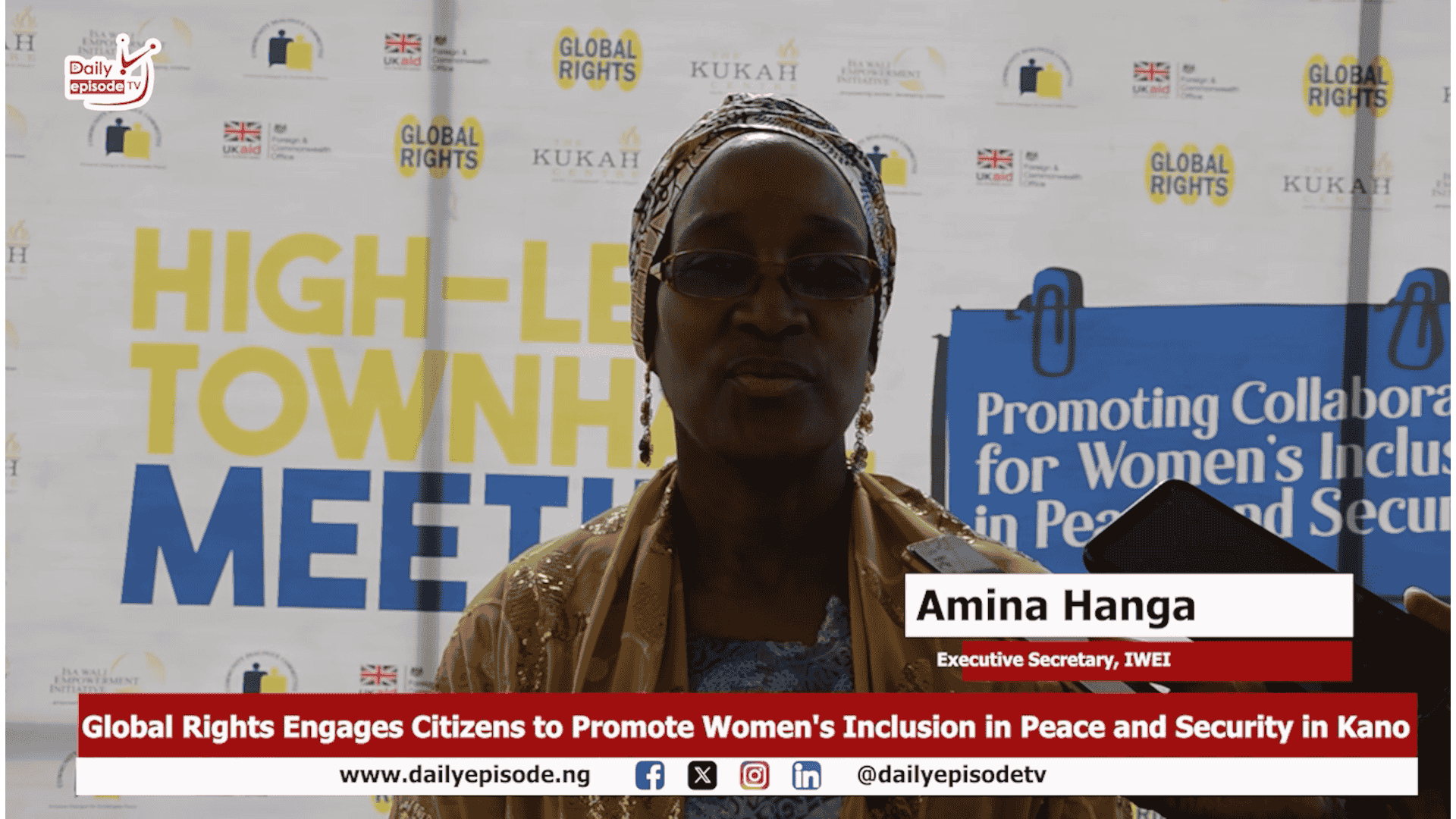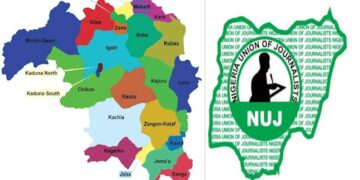After a series of cases where women battled for inclusion amid rights violations, which also triggered the rise of insecurity, Global Rights, in collaboration with the Isa Wali Empowerment Initiatives, the Kukah Centre, and UK Aid, organised a town hall meeting to foster women’s inclusion in peace and security in Kano, northwestern Nigeria.
The town hall titled Promoting Collaborations for Women’s Inclusion in Peace and Security was graced by groups and individuals from civil society organisations, royal fathers, community champions, and authorities from security and public office holders.
While commenting on the significance of the meeting, Mr. Edosa Oviawe, program officer of Global Rights, advocates for the inclusion of women in decision-making across the country.
Oviawe charges policymakers and community champions to give room for idea shopping to encourage women’s participation and freedom.

According to him “Over time there have been peacebuilding efforts; it has been yielding some results, but not the ones we dream of or want to see.
Thus, we question the decline and setback, and we come to realise that the level at which women are involved in the peacebuilding effort is minimal.
Therefore, we are hoping after the conversation at this town hall, both the communities and the key stakeholders present will be able to document the conversation as feedback as solutions as a mechanism that will promote women’s inclusion and community development in our peace-building effort,” Oviawe added.
However, IWEI executive secretary, Amina Hanga, also explains the security of women, especially in the battle for gender-based violence in northern Nigeria.
Hanga, who sheds light on why the project “Promoting Collaborations for Women’s Inclusion in Peace and Security should be a concern for every active citizen, explains that the conversation will help in curtailing the issues of insecurity in the north.

“We have recently witnessed how our youth have been creating unnecessary havoc, which is threatening the peace and lives of every law-abiding citizen.
Also, beyond the thugs who attacked unnecessarily, there are concerns over gender-based violence; the level women and girls experience gender-based violence is on the rise.
There is a need for more advocacy about the menace; a lot of people need to understand there are many aspects of gender-based violence besides rape or any form of physical attack.
When you deny a girl from going to school, such practice also falls under GBV despite the call for education by the holy prophet Muhammad SAW. She said.
Like Hanga, Hauwa Shafi’i Nuhu describes the challenge of discrimination women faced in Nigeria.
Shafi’i recounts stories of victims of Boko Haram atrocities who were released from captivity in the northeastern part of the country.

Shafi’i discloses that Nigerian authorities partially abused the victims by way of forcing them to shake hands with military officers or take off their clothes, all in the name of confirming the status of their rehabilitation.
“I’ve never heard of such practice on men; maybe the authorities see women as not complete human beings, but enough is enough; they should understand their religion and cultural principles, which deny women, especially those from northern Nigeria, the ability to accept a handshake from the opposite gender and not talk about dressing,” Shafi’i added
LIKE & FOLLOW US ON FACEBOOK, X, INSTAGRAM, LINKEDIN & YOUTUBE




































